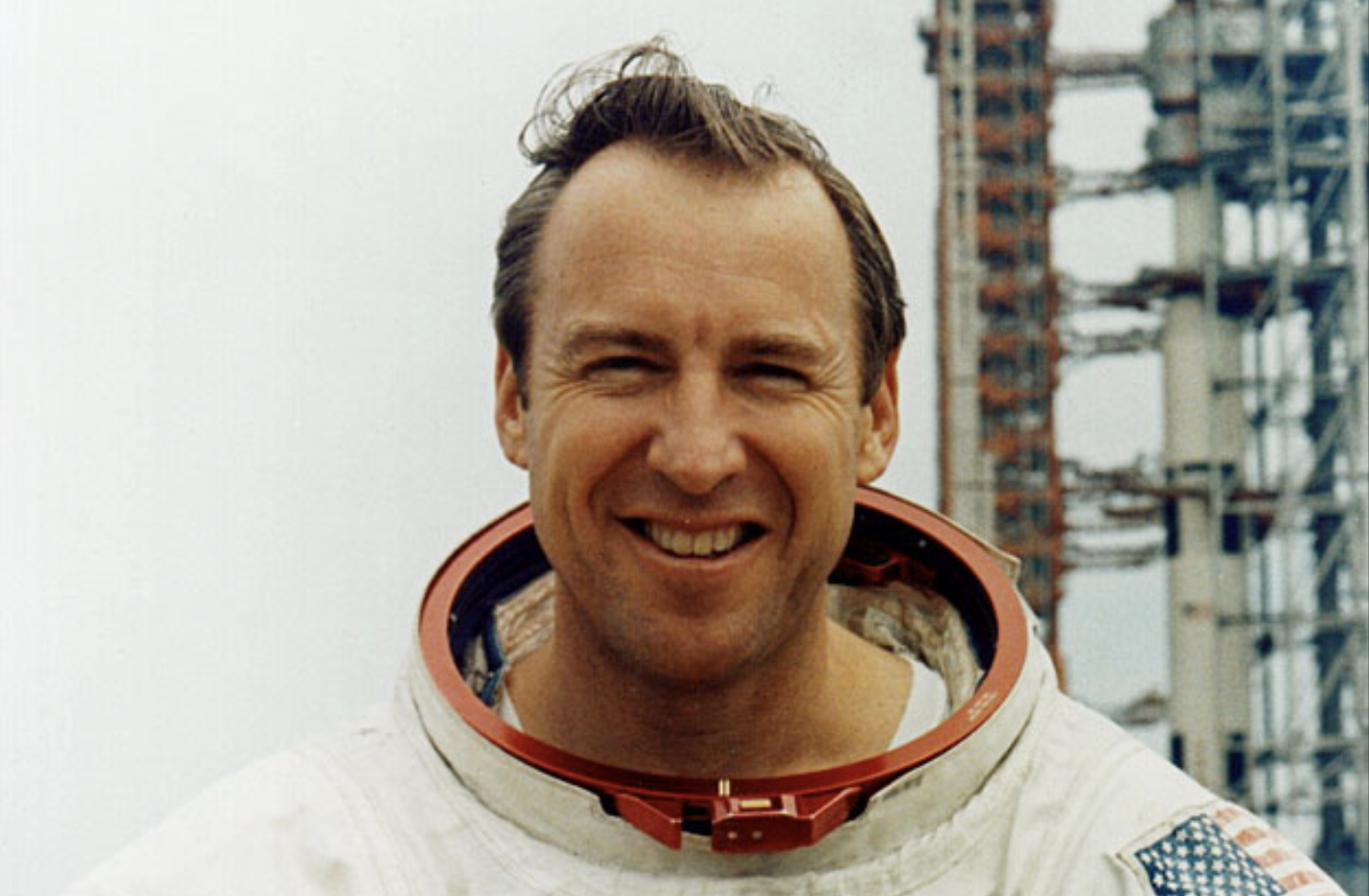Jim Lovell, the commander of the Apollo 13 mission and a pivotal figure in NASA's history, passed away last Thursday at the age of 97. His legacy is marked not only by his contributions to space exploration but also by his remarkable ability to navigate extreme adversity during one of NASA's most critical missions.
Explainer Jim Lovell, Apollo 13 Commander, Dies at 97
Lovell's career in aerospace began after he graduated from the U.S. Naval Academy, where he studied liquid-propulsion rockets. He was initially considered for the original Mercury Seven astronaut group in 1959 but was selected for the second class of astronauts in 1962. Over his career, Lovell participated in two Gemini missions and commanded Apollo 13, which launched on April 11, 1970.
The Apollo 13 mission was intended to be a lunar landing, but it quickly turned into a life-threatening crisis. Just two days into the mission, an oxygen tank exploded, crippling the spacecraft. Lovell, along with crew members Fred Haise and Jack Swigert, faced a dire situation that required immediate action to ensure their survival.
"We had to improvise and come up with solutions on the fly," Lovell recalled in interviews about the mission. The crew used the lunar module as a lifeboat, executing complex maneuvers to return safely to Earth. Their efforts, along with the support from NASA's Mission Control in Houston, demonstrated exceptional problem-solving skills under pressure.
We had to improvise and come up with solutions on the fly,
The incident is often regarded as a testament to human ingenuity and resilience. "Apollo 13 was not just about space travel; it was about overcoming obstacles in life," said Chris Jacobs, founder of Juniper Research Group. "Lovell's experience serves as an inspiration for anyone facing challenges."
Apollo 13 was not just about space travel; it was about overcoming obstacles in life,
Chris Jacobs
Despite the mission's failure to land on the moon, the crew's safe return was celebrated as a significant achievement. The phrase "Houston, we've had a problem" became iconic, symbolizing the unexpected challenges faced in space exploration.
Lovell's contributions to NASA extend beyond Apollo 13. He was part of the Apollo 8 mission in December 1968, which was the first manned mission to orbit the moon. During that mission, Lovell and his crew delivered a historic Christmas Eve message that resonated with millions around the world.
Throughout his career, Lovell logged over 715 hours in space, a remarkable feat that reflects his dedication to the field of aerospace. His experiences have been chronicled in various media, including the Ron Howard film "Apollo 13," based on a book he co-authored.
In the years following his retirement from NASA, Lovell remained an influential figure, sharing his experiences and insights about space exploration. He often emphasized the importance of teamwork and perseverance in overcoming challenges, both in space and in everyday life.
As tributes pour in following his death, many remember Lovell not only for his achievements in space but also for his character and leadership. His legacy will continue to inspire future generations of astronauts and explorers.
Lovell's passing marks the end of an era for NASA, as he was the oldest living astronaut from the Apollo program. His life serves as a reminder of the extraordinary accomplishments of those who ventured into space and the challenges they overcame.
Why it matters
- Jim Lovell's passing at 97 marks the end of an era for NASA, highlighting his pivotal role in space exploration history.
- His leadership during the Apollo 13 crisis exemplified human ingenuity and resilience under pressure.
- Lovell's legacy inspires future generations, emphasizing teamwork and perseverance in overcoming challenges.
What’s next
- NASA plans to honor Lovell's contributions with a memorial service.
- Tributes from the space community are expected to continue in the coming weeks.
- A documentary on Apollo 13 is set to be released next year, featuring Lovell's insights.
